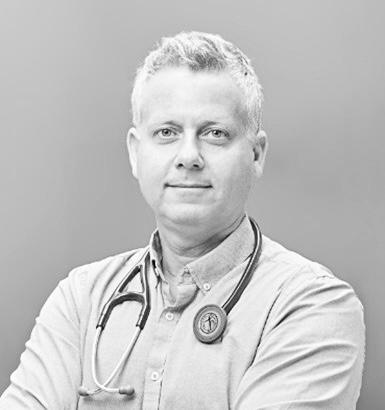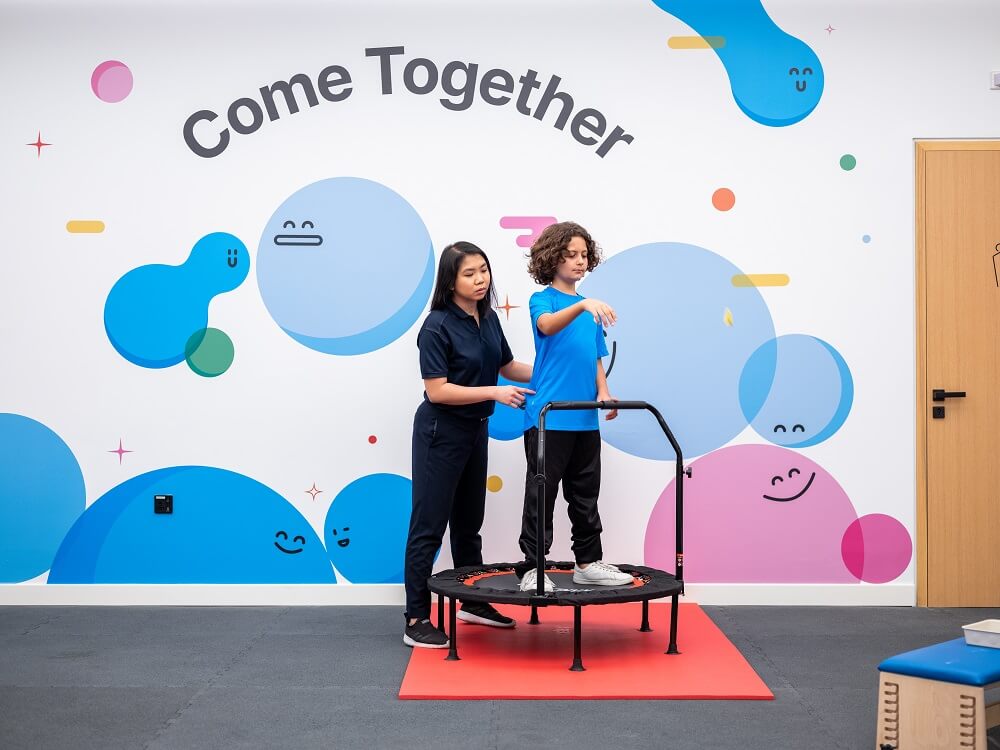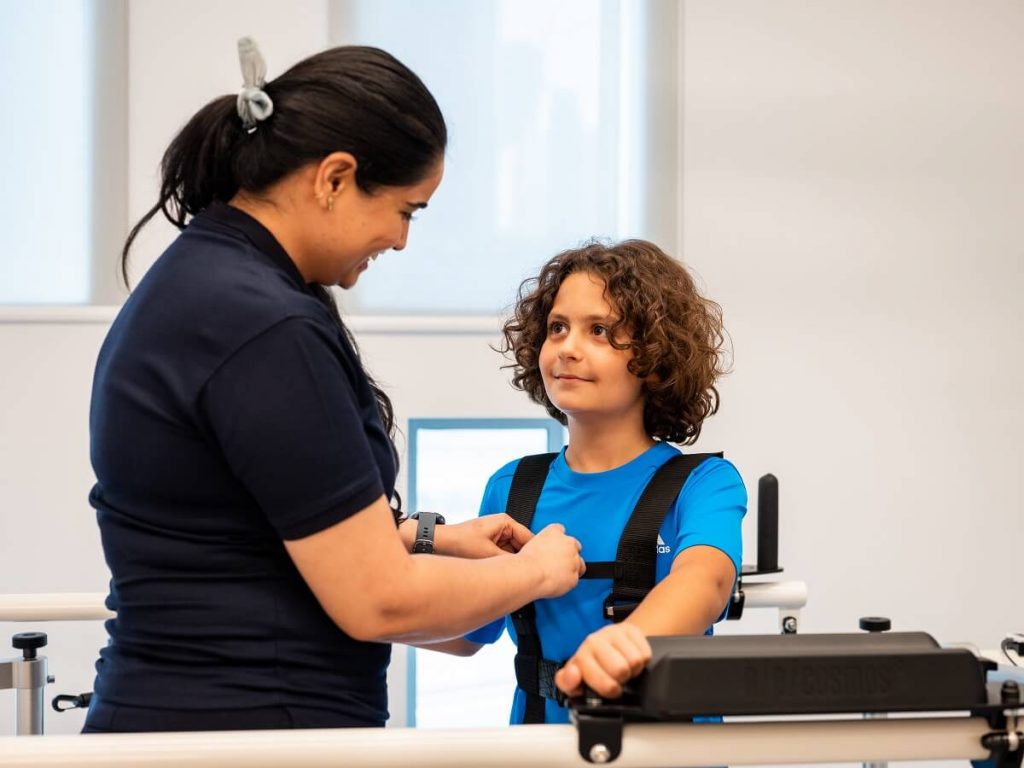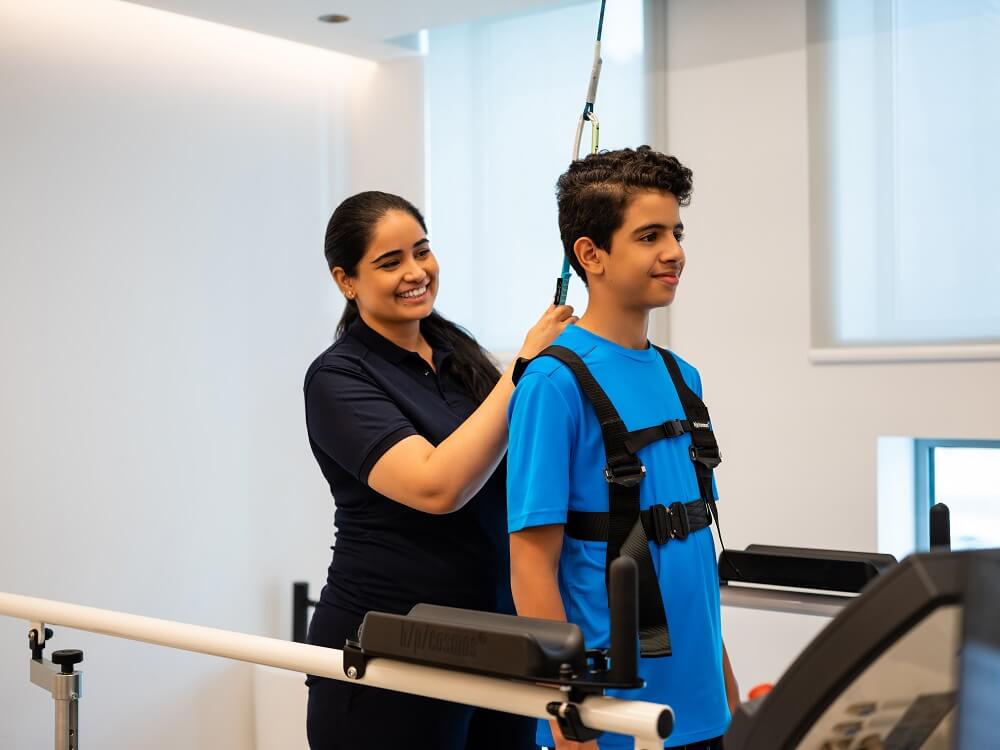
10 FAQs About Autism Spectrum Disorder Answered


Autism, or Autism Spectrum Disorder (ASD), is a neurodevelopmental disorder that affects the way a person communicates, interacts with others, and experiences the world around them. It is important to increase awareness and understanding of autism to foster inclusivity and support for individuals on the spectrum.
Our aim is to provide insightful answers to the top 10 most frequently asked questions about autism. By the time you conclude this blog, you’ll have acquired a comprehensive understanding of Autism Spectrum Disorder, its causes and diagnostic process.

Question 1: Is there a difference between Autism and Autism Spectrum Disorder?
Autism (AU) and Autism spectrum disorder (ASD) are terms often used interchangeably, although from the medical point of view, there is a difference between them.
Autism was originally described as a specific developmental disorder, characterized by impaired social interaction, communication difficulties and restricted and repetitive patterns of behavior.
With further research and understanding, the term Autism Spectrum Disorder (ASD) was introduced to reflect the broad range of symptoms and severity levels observed in autistic individuals. The “spectrum” acknowledges that autism presents differently in each individual, with varying degrees of impairment in social communication, interaction and behavior.
In practice, ASD is currently the official diagnostic term used by clinicians and researchers. It covers the entire range of autism associated conditions, including Asperger’s syndrome and pervasive developmental disorder not otherwise specified (PDD-NOS), which were previously regarded as separate diagnoses.
The term “spectrum” highlights the diversity of symptoms and functioning levels among individuals with ASD.

Question 2: When do I suspect that my child has ASD?
The signs and symptoms of autism can vary, but they typically emerge in early childhood.
Some common signs include difficulties with social interaction (e.g., making eye contact, understanding social cues), repetitive behaviors (e.g., rocking, hand-flapping), and challenges with verbal and nonverbal communication. Some children with autism may have sensory sensitivities, such as being sensitive to loud noises or certain textures.
Question 3: What causes Autism?
The exact cause of Autism is still unknown. However, researchers believe that a combination of genetic and environmental factors may play a role.
Question 4: How is Autism diagnosed?
Autism is diagnosed through a comprehensive evaluation conducted by a team of professionals, including psychologists, pediatricians, and speech therapists.
The evaluation usually involves observing the child’s behavior and development, as well as assessing their communication and social skills.
Question 5: Can Autism be treated or cured?
Autism cannot be cured, but early intervention and appropriate support can greatly improve the quality of life for individuals with autism. Treatment approaches often include behavioral therapy, speech and language therapy, occupational therapy, and educational interventions tailored to individual needs. It is important to focus on providing the necessary tools and accommodations to help individuals with autism thrive.

Question 6: Are there any treatable causes of Autism or Autism-like symptoms?
While there is no known cure for autism, there are certain medical conditions and factors that can contribute to autism-like symptoms, and addressing these underlying issues may improve the individual’s overall well-being. Some examples of treatable causes include:.
- Metabolic imbalances: In some cases, metabolic imbalances, such as abnormalities in amino acid metabolism or mitochondrial function, can contribute to autism-like symptoms. Appropriate medical interventions and dietary adjustments can help manage these imbalances.
- Environmental factors: Exposure to certain toxins, infections during pregnancy, or prenatal complications can increase the risk of autism. By minimizing exposure to harmful substances and promoting a healthy prenatal environment, the risk of Autism may be reduced.
- Traumatic brain injuries: Post-concussion Syndrome and Prolonged Post-Concussion Syndromes may present with a constellation of neurobehavioral abnormalities which may include autism-like symptoms.
- Encephalopathies: These include hypoxic, metabolic, and autoimmune encephalitis, which may present with a wide variety of symptoms, including autism-like symptoms.
It is important to note that many individuals with Autism do not have a specific medical condition that can be treated to “cure” autism. However, identifying and addressing any treatable causes can have a positive impact on the individual’s overall health and well-being.

Question 7: How is the diagnostic workup conducted for treatable causes of Autism?
When a healthcare professional suspects that a treatable cause may be contributing to autism symptoms, they may recommend a comprehensive diagnostic workup. This process involves the following steps:
- Medical history and physical examination: The healthcare provider will review the individual’s medical history, including any developmental or behavioral concerns. They will also conduct a thorough physical examination.
- Genetic testing: Genetic testing may be recommended to identify any specific genetic conditions associated with autism. This can involve analyzing a blood sample to look for abnormalities in specific genes or chromosomes.
- Metabolic testing: Metabolic testing involves assessing the individual’s metabolic function to identify any imbalances or abnormalities. This can include blood or urine tests to measure levels of specific substances or enzymes related to metabolism.
- Imaging studies: In some cases, imaging studies like magnetic resonance imaging (MRI) or single photon emission computed tomography (SPECT) scans may be conducted to evaluate the structure and function of the brain, respectively. These scans can help identify the underlying cause for autism or autism-like pictures.
- Additional assessments: Depending on the individual’s specific symptoms and suspected causes, additional assessments or consultations with specialists may be recommended. This can include evaluations by neurologists, gastroenterologists, or other relevant healthcare professionals.
Question 8: Is this diagnostic workup relevant or applicable to every child with autism?
No. The diagnostic workup for treatable causes of autism is not applicable to every individual with autism.
Many cases of autism do not have a specific medical cause that can be treated. The diagnostic workup is primarily conducted when there are certain indications or suspicions based on the individual’s symptoms, medical history, or other factors. Therefore, it is always best to consult with a healthcare professional for an individualized evaluation and guidance.

Question 9: How can I support someone with autism?
Supporting individuals with autism begins with understanding and acceptance. Here are a few ways you can offer support:
- Educate yourself about autism: Learn about the characteristics and challenges associated with autism to gain a better understanding.
- Be patient and understanding: Communication and social interaction may be different for individuals with autism. Give them time to process information and express themselves.
- Avoid sensory overload: Be mindful of sensory sensitivities and create a calm and supportive environment.
- Practice inclusivity: Encourage inclusive environments where individuals with autism feel accepted and valued for who they are.
- Advocate for resources and services: Support initiatives that promote accessible services and resources for individuals with autism.
Question 10: Can individuals with autism live independent lives?
Yes, many individuals with autism can live independent and fulfilling lives with the right support. The level of independence varies depending on the individual’s strengths and challenges. Some individuals with autism may require ongoing support throughout their lives, while others may acquire the skills to live independently. It is crucial to provide appropriate support and opportunities for skill development.

Get the right diagnosis with The Brain & Performance Centre’s Assessment
Our multidisciplinary pediatric team recognizes the importance of an accurate diagnosis for children suffering from neurological conditions or challenges.
At The Brain & Performance Centre, a DP World Company, we offer comprehensive evaluations through the Youth Assessment, delving into genetic and acquired causes of neurological conditions. This enables the design of personalized treatment plans, combining Hyperbaric Oxygen Therapy (HBOT) – where applicable – with a tailored neuro-rehabilitation program featuring physical therapy, occupational therapy, cognitive training and nutritional guidance
Learn more about The Brain & Performance Centre Autism Assessment
